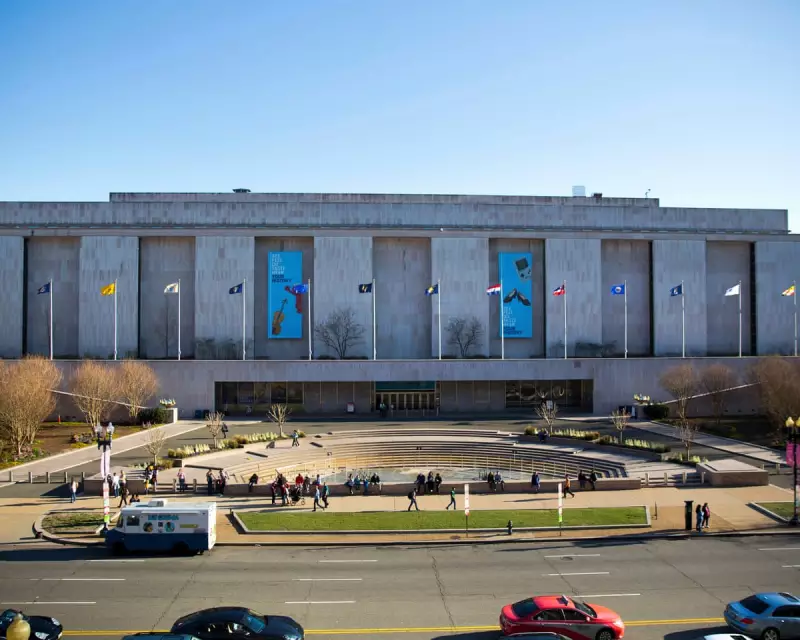
The Smithsonian Institution, America's bastion of cultural and historical preservation, finds itself at the centre of a political storm as the Trump administration intensifies its efforts to reshape how the nation's history is taught and remembered.
A Battle for America's Memory
Recent developments reveal a systematic campaign to influence how historical narratives are presented within one of the world's most respected museum complexes. The administration's "war on history" represents a fundamental challenge to academic independence and historical accuracy.
Political Pressure Mounts
Insiders report increasing political pressure on curators and educators to align exhibitions and educational materials with the administration's preferred version of events. This interference threatens to undermine the Smithsonian's century-long reputation for scholarly integrity.
The institution faces difficult choices:
- Resisting political pressure while risking funding cuts
- Maintaining historical accuracy against revisionist narratives
- Protecting academic freedom in an increasingly polarised climate
- Balancing educational mission with political realities
Broader Implications for Education
This confrontation extends beyond museum walls, potentially affecting how American history is taught in classrooms nationwide. The battle over the Smithsonian's direction reflects larger struggles about who controls national narratives and how future generations will understand their country's past.
Experts warn that such political interference could have lasting consequences for historical scholarship and public understanding of complex national stories.
Defending Academic Integrity
As the situation develops, historians, educators, and free speech advocates are mobilising to protect the institution's independence. The outcome of this struggle may determine not just what stories Americans tell about their past, but how freely they can examine it.





